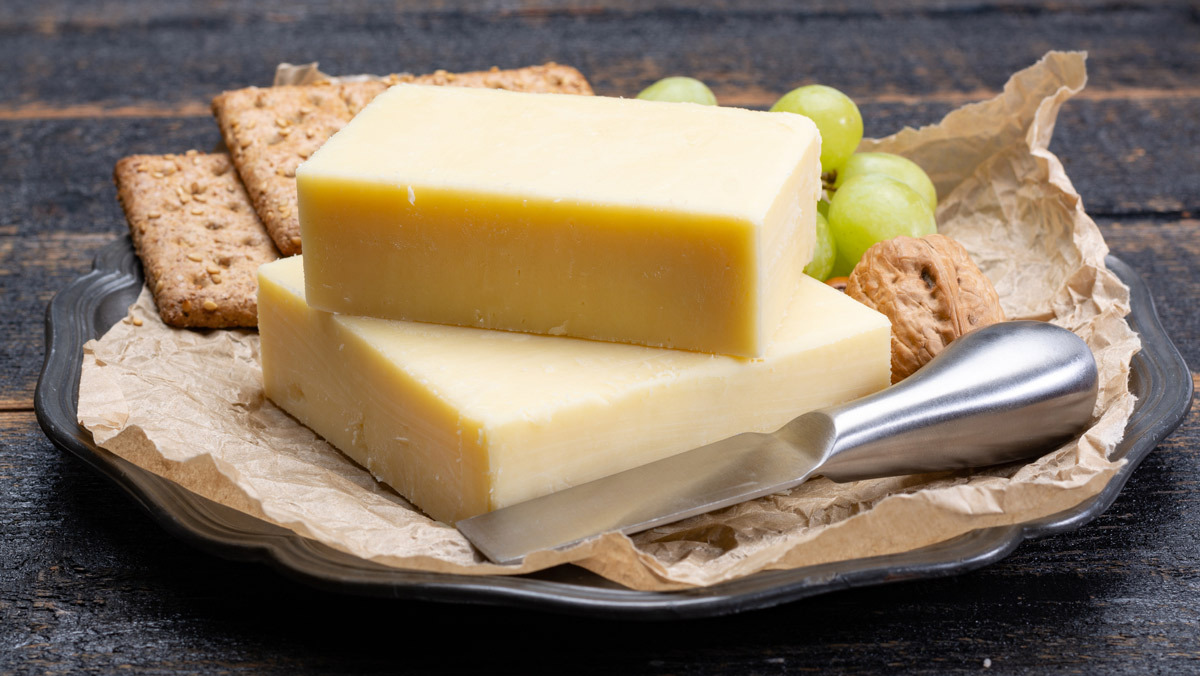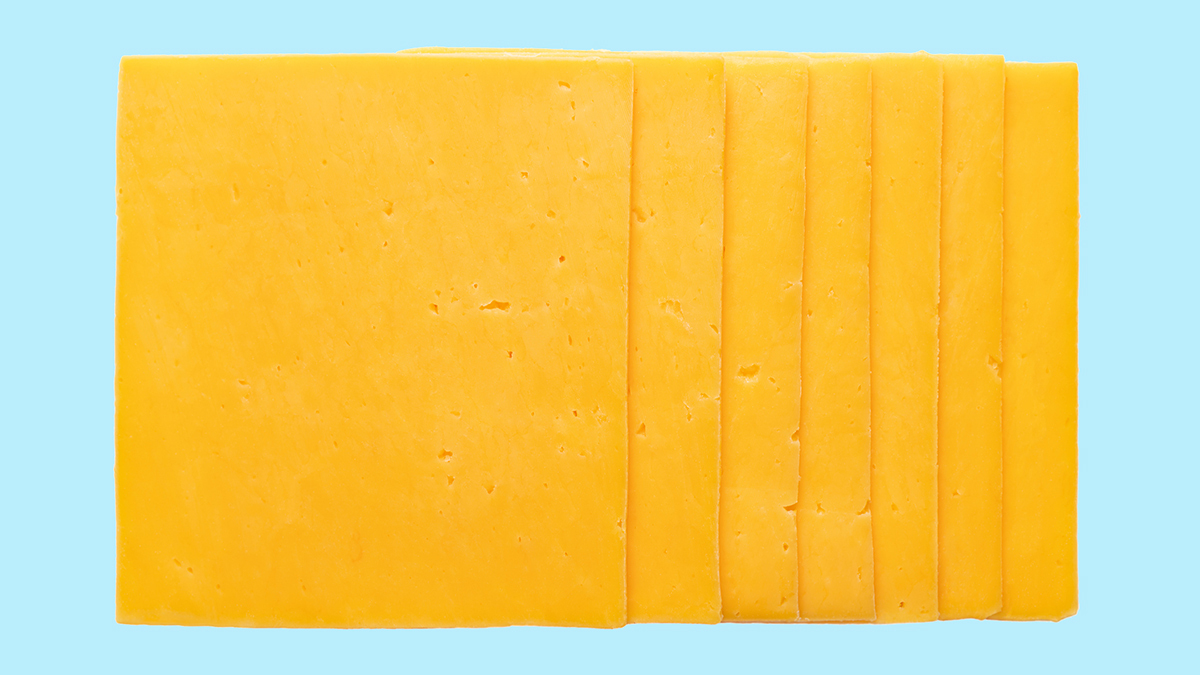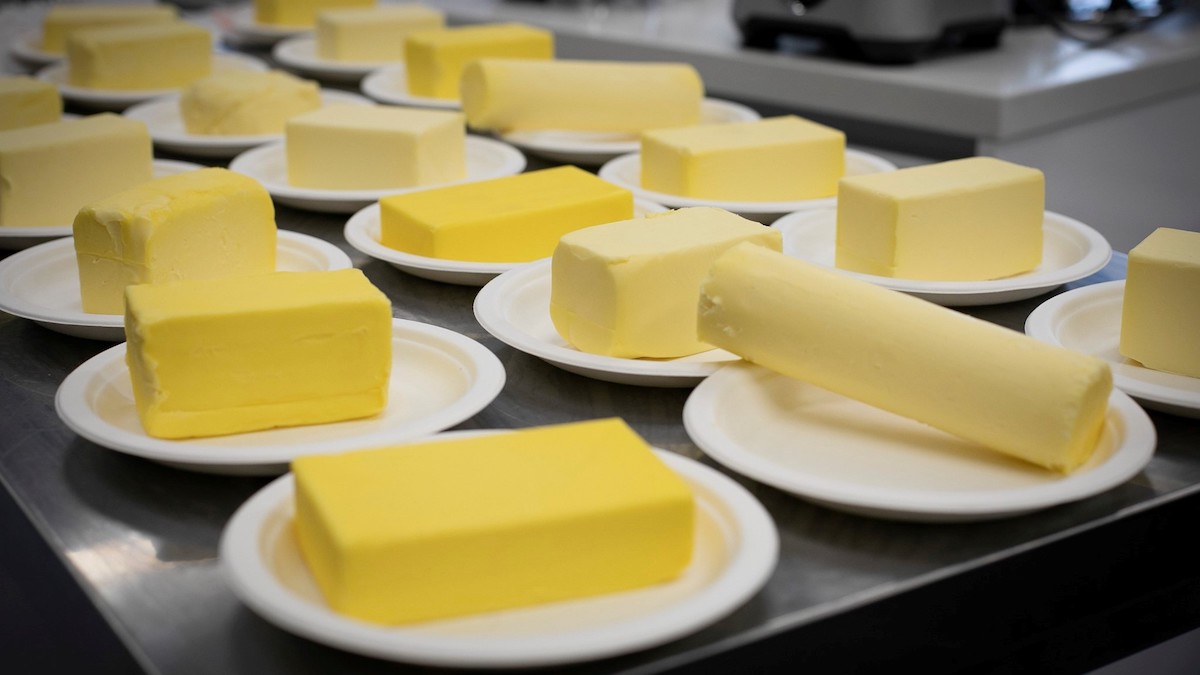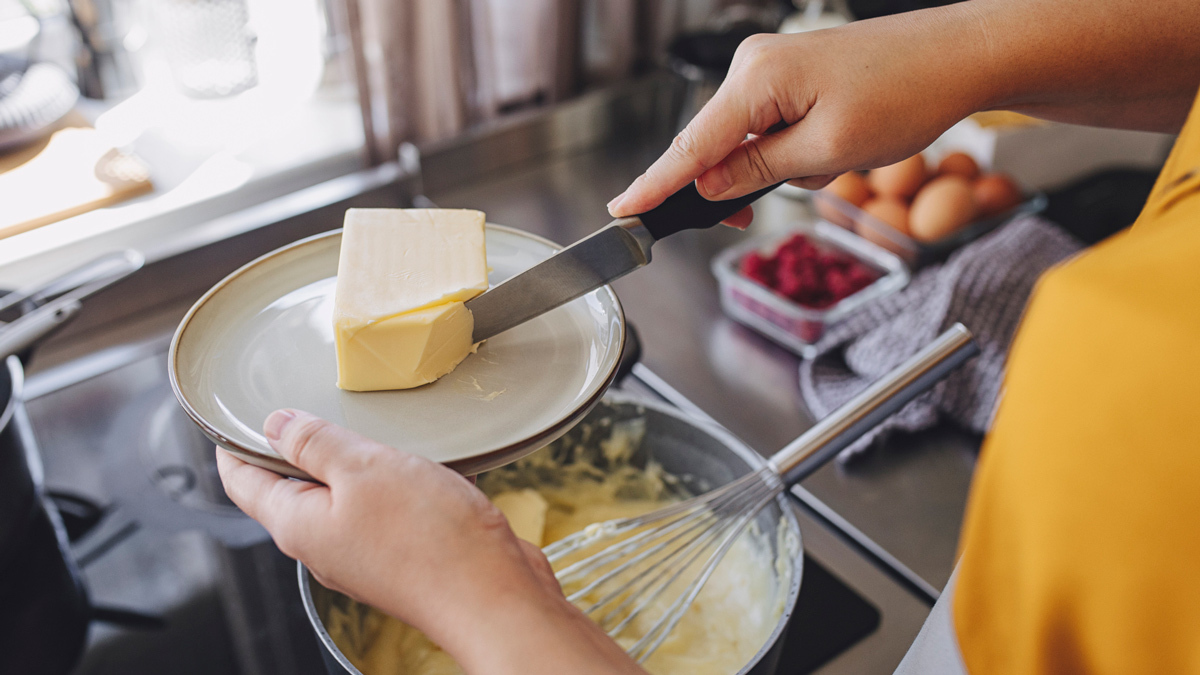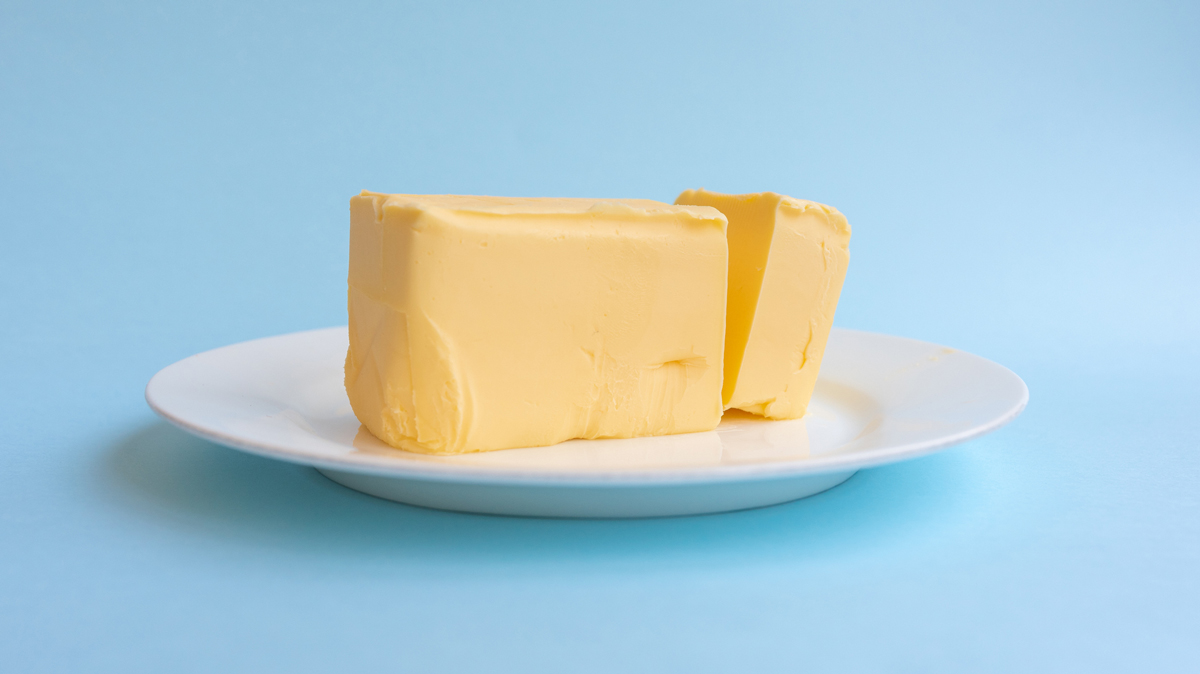Get our independent lab tests, expert reviews and honest advice.
What’s the best vintage cheddar cheese?
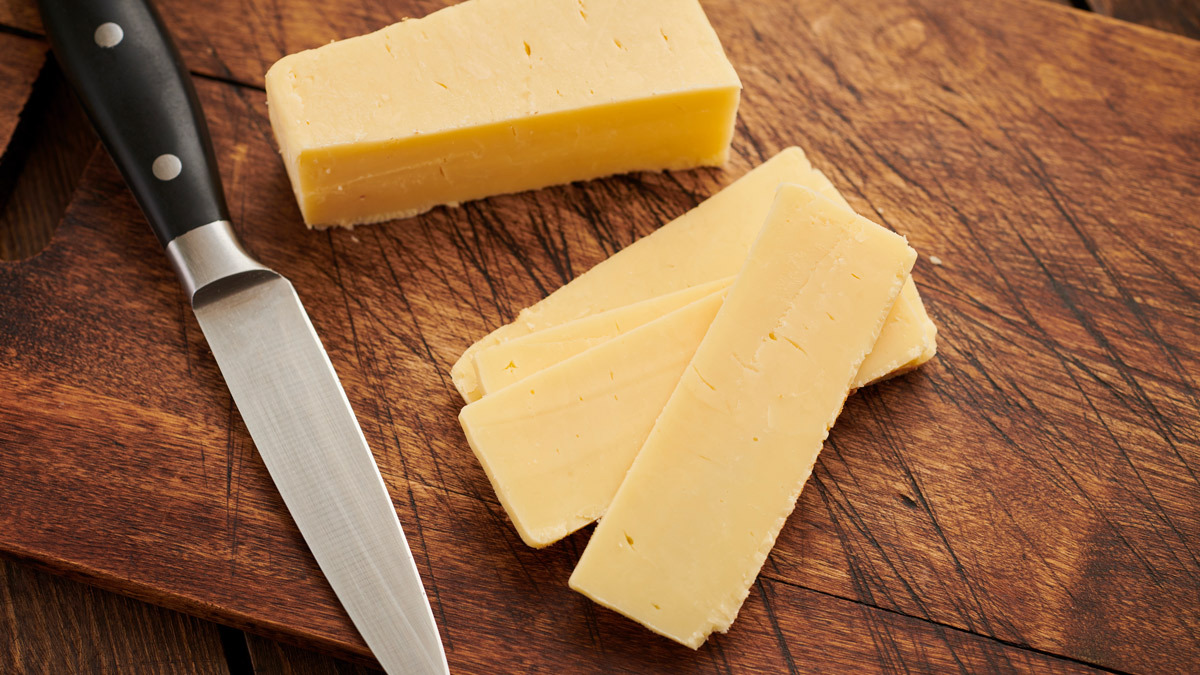
Australians love their cheese. Last year more than 250,000 tonnes of it was sold within Australia – the majority through supermarkets – which works out at almost 14kg per person, according to Dairy Australia. And despite a gradual decline in sales over recent years, about half of the cheese we eat is cheddar.
On this page:
- Best cheddar cheese
- Is cheddar cheese healthy?
- Is it mature, aged or vintage cheddar?
- Cheddar cheese production
- Cheddar cheese scone recipe
- Meet our expert judges
- How we test cheddar cheese
Not only is it versatile – think cheese scones, macaroni cheese, melted cheese on toast or grated for a gratin – a good vintage cheddar holds its own on a specialty cheese platter.
You often pay a premium for the ‘vintage’ or ‘mature’ label, which seems reasonable given that – in theory – you’re getting a premium cheese that has been allowed more time for complex, lasting flavours to develop. So to find the cheddars worth paying the premium for, our panel of expert judges sniffed, prodded and chewed their way through 27 aged supermarket cheddars.
They judged each cheese on its flavour, aroma, texture and appearance, looking for cheese with a sweet, milky flavour, a good balance of salt and acid, a texture that’s firm, close and slightly crumbly, and a lingering aftertaste. See How we test cheddar cheese for details.
Best cheddar cheese
The following six matured cheddars topped the rest, achieving a CHOICE Expert Rating of 70% or more.
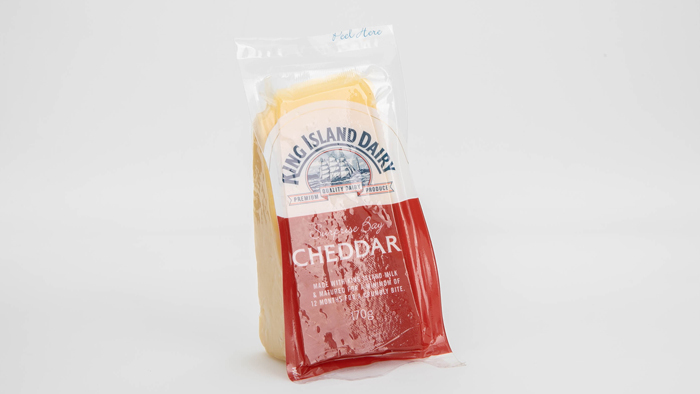
King Island Dairy Surprise Bay Cheddar
- CHOICE Expert Rating: 73%
- Price: $5.50 per 100g
- Country of origin: Australia
- Tasting notes: “Mildly sweet cheddar aroma. Flavour well balanced – fruity/milky/nutty. Nice calcium lactate crystals on the outside. Good, firm texture. Mild but clean bite and finish.”

Barber’s 1833 Vintage Reserve Cheddar
- CHOICE Expert Rating: 72%
- Price: $5.00 per 100g
- Country of origin: UK
- Tasting notes: “Strong, savoury aroma. Good dry and crumbly texture, even distribution of calcium lactate crystals with evident crunch. Umami finish. Good vintage cheddar in terms of aroma, taste and texture.”
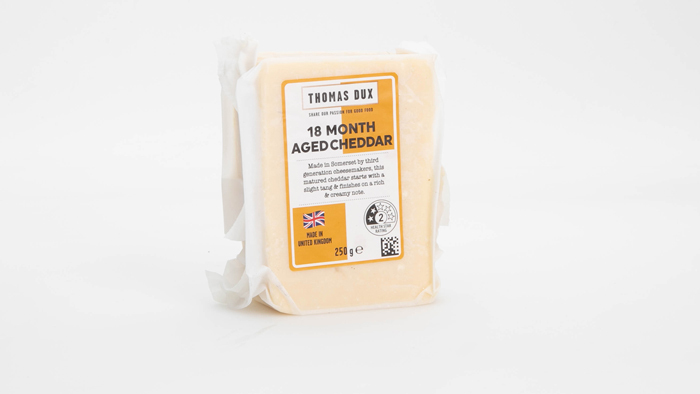
Thomas Dux 18 Month Aged Cheddar
- CHOICE Expert Rating: 72%
- Price: $1.84 per 100g
- Country of origin: UK
- Tasting notes: “Good, strong, cheddar aroma. Calcium lactate deposits on exterior surface. Good dry and crumbly texture, with nice crunch on the paste. Nice, solid cheddar bite. Clean mouthfeel and complexity of flavour. Savoury, malty, sweet finish. Yum.”
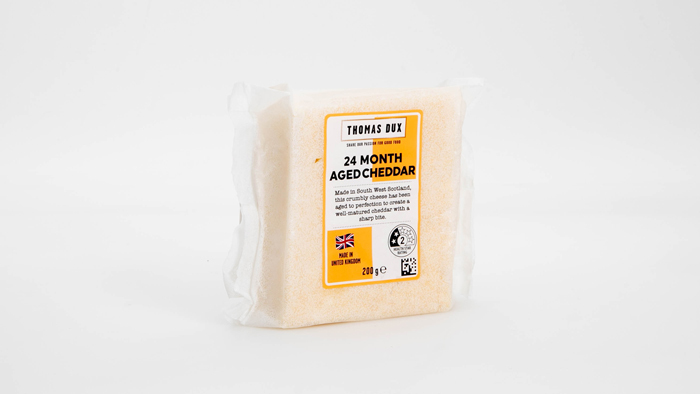
Thomas Dux 24 Month Aged Cheddar
- CHOICE Expert Rating: 72%
- Price: $2.30 per 100g
- Country of origin: UK
- Tasting notes: “Good appearance with calcium lactate crystals evident on the surface. Nice cheddar aroma, good crumbly texture throughout. Great flavour – bright, clean, complex, persistent. Fruity with savoury, salty finish.”

Thomas Dux English Vintage Cheddar
- CHOICE Expert Rating: 71%
- Price: $2.25 per 100g
- Country of origin: UK
- Tasting notes: “Strong, fruity cheddar aroma. Texture good with nice crystals, slight crumble on cutting. Matured nicely. Malty flavour with a marzipan/nutty butter finish. Milky. Soft, even bite from start to finish.”
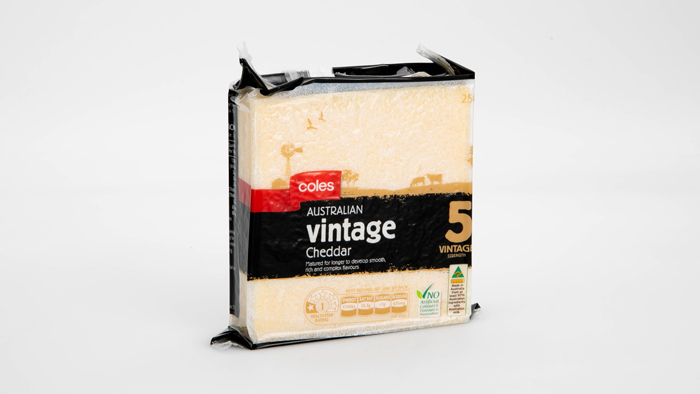
Coles Australian Vintage Cheddar
- CHOICE Expert Rating: 70%
- Price: $1.60 per 100g
- Country of origin: Australia
- Tasting notes: “Good looking piece of cheese. Some calcium lactate evident on the surface. Good complexity and umami note. True cheddar. Texture slightly crumbly but cohesive. Very punchy flavour, good acid and salt balance. Nice clean, sharp bite at the end.”
Is cheddar cheese healthy?
Eating cheese is associated with a number of health benefits, and cheese is a good source of many nutrients including calcium, protein, vitamins A and B12 and zinc. However, it can be high in kilojoules, saturated fat and sodium.
Australian Dietary Guidelines recommend we choose reduced fat varieties of cheese on most occasions, and it’s also suggested we limit ourselves to having cheese two to three times a week.
The suggested serving size for hard cheese such as cheddar is 40g – about two slices or four small cubes (and 500–600kJ).
Is it mature, aged or vintage cheddar?
Terms such as ‘mild’, ‘mature’, ‘tasty’ and ‘vintage’ are frequently used on packs of cheddar, but what do they actually mean?
Dairy Australia classifies cheddar as follows:
- mild (matures for 1–3 months)
- semi-matured (matures for 3–6 months)
- matured or tasty (matures for 6–12 months)
- vintage (matures for 12–24 months).
But according to our experts, these definitions aren’t strictly adhered to.
Some manufacturers use pack colour to indicate age – you might find ‘mature’ cheddars in a red pack, and ‘vintage’ cheddars in black, for example. And some provide a strength indicator with a lower number indicating a mild (or young) cheese, and a higher number indicating a stronger (more mature) cheese. But these systems are really only useful for comparing products within a brand, as the age represented by each colour and the strength number scales aren’t consistent between brands.
Cheddar cheese production
To make cheese, two important ingredients are added to milk: cultures (special bacteria that convert the milk lactose to lactic acid) and enzymes (rennet). Depending on the desired outcome, the resulting cheese can be left to mature. The species and strains of bacteria used in the starter culture can affect the texture and flavour of the matured cheese.
A more mature flavour can be manipulated by using different adjunct cultures to enhance cheddar flavours in a shorter period of time. But a true aged cheddar texture can’t be faked – crunchy calcium lactate crystals in the body of the cheese, a typical feature of aged cheddars, only start to appear after long periods of maturation.
Club cheddar
Some products we tested are what’s known as ‘club’ – made by milling one or more cheddars and forming them back into a block under pressure. Club cheddars have a smooth, creamy texture, very different from that of traditional cheddar, and some have flavours (such as onion or pepper) added to them.
Four of the products we tested (both Mersey Valley cheddars, South Cape Vintage and Warrnambool Heritage Vintage) are ‘club’ cheddars. Interestingly the Mersey Valley products both contain added ‘cheese flavour’, and scored in the bottom quartile for taste.
Rennet
The rennet enzymes used in cheese production were traditionally extracted from the stomachs of newborn calves, but non-animal microbial rennet is now commonly used.
Of the cheddar cheeses we tested, the following six contain animal rennet, so aren’t suitable for vegetarians:
- Mainland Epicure Aged up to 32 Months
- Mainland Extra Tasty Aged up to 18 Months
- Mainland Vintage Aged up to 24 Months
- Mersey Valley Classic Club Cheddar Vintage Sharp & Crumbly
- Mersey Valley Original Club Cheddar Vintage Sharp & Crumbly
- South Cape Vintage Club Cheddar
Cheddar cheese scone recipe
Home economist Fiona Mair tests ovens for CHOICE each year and in the process bakes approximately 1500 scones using this simple recipe. Now that’s what we call tried and tested!
The addition of vintage cheddar cheese simply elevates the scones to a new level.
- Makes approx. 20 scones
Ingredients
- 500g self-raising flour
- Pinch salt
- Pinch cayenne pepper
- 90g butter, cut into cubes and slightly softened
- 150g vintage cheddar cheese, grated
- 300–350mL milk
Method
- Preheat oven to 230°C (210°C fan-forced).
- In a large bowl combine flour, salt and cayenne pepper.
- Add butter and rub into flour using fingertips until mixture resembles fine breadcrumbs.
- Add cheese and milk and use a butter knife to mix together lightly to form a soft dough.
- Turn out onto a floured surface and use fingertips to gently knead the dough for 20–30 seconds.
- Roll to 2cm thickness, cut into 6cm rounds and place onto a greased scone tray approx. 2cm apart. Repeat until dough is used up.
- Brush with milk, sprinkle with extra grated cheese then bake on middle shelf of oven for approx. 12 minutes, or until browned.
- Serve warm with lashings of butter.
Meet our expert judges

Adam Moore is a prolific culinary judge. His credits include judging for Le Cordon Bleu cooking school and Royal Agricultural Society (RAS) Fine Food competitions across a range of categories, including dairy.
He has formal qualifications in pastry, charcuterie and butchery, sensory evaluation, food styling and food photography. With more than 25 years in the industry, he has worked in restaurants, food service, retail, food manufacturing, marketing and sales. He’s a certified global executive chef, and culinology director at Culinary Revolutions. At home, he’s a hobbyist cheesemaker.

Robyn Gray has worked in the food and flavour industry for over 30 years, with a technical background focused in ice cream and general dairy textures, and more recently flavour delivery systems.
Robyn regularly exercises her expertise on judging panels for Australian food competitions, including the Australian Grand Dairy Awards (AGDA).
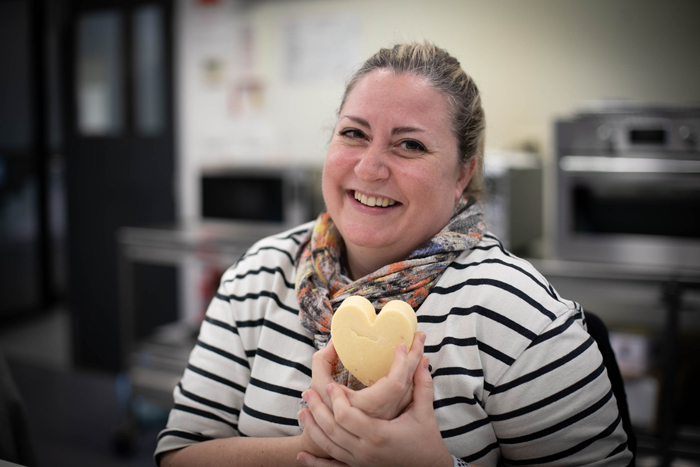
Penny Lawson is a self-diagnosed ‘curd nerd’, with 20 years’ experience in the food industry, including dairy judging at RAS produce competitions in Sydney, Melbourne and Brisbane and the AGDA. She’s been at the forefront of the specialty cheese sector as a retailer and commentator, and is a passionate supporter and promoter of Australian producers.
At one point Penny moved to London and worked at La Fromagerie… all to get closer to the source of cheddar. You can find her at Penny’s Cheese Shop in Potts Point, Sydney.

Petra Sugiarto has an academic background in food science and technology and food microbiology and has been working in the food industry for more than 20 years, in particular the dairy industry in various applications including yoghurt, cheese, ice cream/gelato, desserts and additionally in plant-based applications.
For the past 16 years she’s been on the judging panels for the Dairy Industry Association of Australia (DIAA NSW and Vic), Sydney RAS in the Cheese & Dairy Produce competitions and for the AGDA.

Andre Sandison has worked as a pastry chef in hotels, restaurants, and production patisseries in Japan, Britain, Switzerland and around Australia for more than 25 years. He has competed in patisserie and gelato competitions both nationally and internationally, in Singapore, France and Italy, with success.
He loves craftwork and in a pandemic, getting back to basics where a focus on simplicity and quality is more important than ever.
How we test cheddar cheese
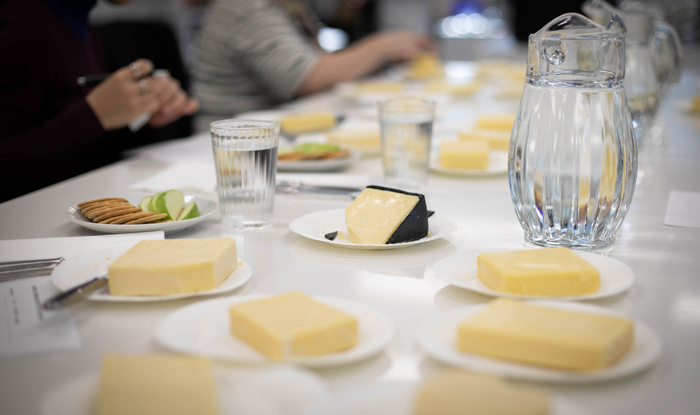
Products
We test cheddar products that are available in major supermarket and grocery chains. We’ve included products that say ‘Vintage’ or ‘Extra Mature’ in the product name and/or are labelled with a maturation of 12 months or more.
Price is based on a 250g pack (or closest) bought in Sydney stores (not on special).
Tasting
Cheddar blocks are unwrapped and placed on coded plates immediately before the test. Our experts taste the cheddar samples ‘blind’ (without knowing the brands) and in a randomised order, which is different for each expert.
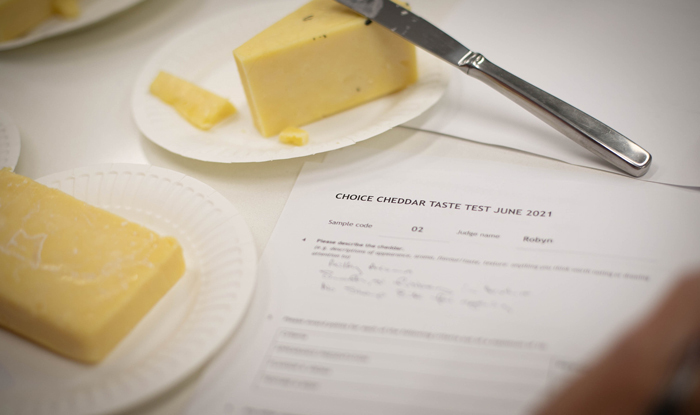
Scores
Experts independently judge all cheddar products, scoring each sample for appearance/presentation, flavour, aroma, texture and body.
The CHOICE Expert Rating is made up of taste 70% (50% flavour and aroma, 30% texture and body, 20% appearance/presentation) and nutrition 30% (based on the product’s Health Star Rating, calculated from the details in the nutrition information panel and converted to a percentage).
We recommend cheddar cheese with a CHOICE Expert Rating of 70% or more.

